Wisconsin Pride – Lou Sullivan
§ §
Narrator: Along with their radio program, Gay People’s Union established GPU News, A newspaper written by and for LGBTQ+ people. The publication found a national audience and introduced readers to singular voices, like columnist and trans pioneer Lou Sullivan.
Brice Smith: Lou Sullivan wrote articles on historical figures. People with whom he identified. People who are assigned female at birth but had lived as men. He very much recognized and appreciated how important history is to an individual’s identity.
Narrator: Lou Sullivan grew up in Wauwatosa, Wisconsin. His fourth birthday party was a memorable day.
Brice Smith: It was a Davy Crockett-themed birthday party. Lou always remembered that when he put on that Davy Crockett costume, he really felt like he was Davy Crockett. His life intersected with so many of the key moments in the Baby Boomer generation. He liked to brag that he was the most “Beatled” kid at his school ’cause he knew more about The Beatles than anyone. His idol became Bob Dylan. And he would wear these cowboy boots, bell-bottom jeans. As he moved into his early twenties then, his idol became, incidentally, his namesake.
[laughs]
The rock star Lou Reed.
Narrator: Lou Sullivan donned a leather jacket, embraced a new identity, and began to live life as a gay trans man.
Brice Smith: A lot of people assigned female at birth were really into these pop culture icons: the Beatles, Bob Dylan, Lou Reed. But what was different with Lou is that he both wanted these men, and also wanted to be them simultaneously. So, the lines between desire and identification were very blurred for him.
Narrator: Sullivan underwent a mastectomy and received hormone therapy while considering a gender-affirming surgery for years. And although the surgery was an established medical practice by the 1970s, Lou Sullivan’s unique request was denied.
Lou Sullivan: I was told that my case was too unusual, that they had never heard of a female-to-male who wanted to be a gay man, that they did not want to be the first to operate and deal with such a person.
Brice Smith: His youngest brother, Patrick, died in a motorcycle accident. This is when he realized, “You know what? “We don’t have that long. “If I were lying on my deathbed, “I would regret not transitioning. This is something I’ve got to do.”
Narrator: For nearly a decade, Sullivan pleaded the case to medical professionals that someone could be a trans man and also a homosexual. And in 1986, he finally prevailed. A doctor in San Francisco agreed to perform the gender-affirming surgery, charting new territory in the medical field.
Brice Smith: As soon as he found someone willing to help him, then he just shouted from the rooftops and spread the word. It spread like wildfire through the trans community.
Narrator: Lou Sullivan published a groundbreaking guidebook to help both doctors and trans people bridge the gap between sexual orientation and gender identity. Sullivan also shared first-hand experiences with the trans community through his female-to-male newsletter.
Lou Sullivan: As long as no one else is talking about it, it’s going to be forever silent, and no one is going to hear about it. I wanted to connect with people in feeling like an honest person with people. I just don’t see any reason to hide it.
Brice Smith: Lou was able to be there for countless trans men. There’s just nothing like moving in the world and having everyone see you as you know you should be seen, as you have known yourself to be for so long.
Lou Sullivan: I spent so many years trying to figure out a place in society. Finally, I could breathe. It felt so good.
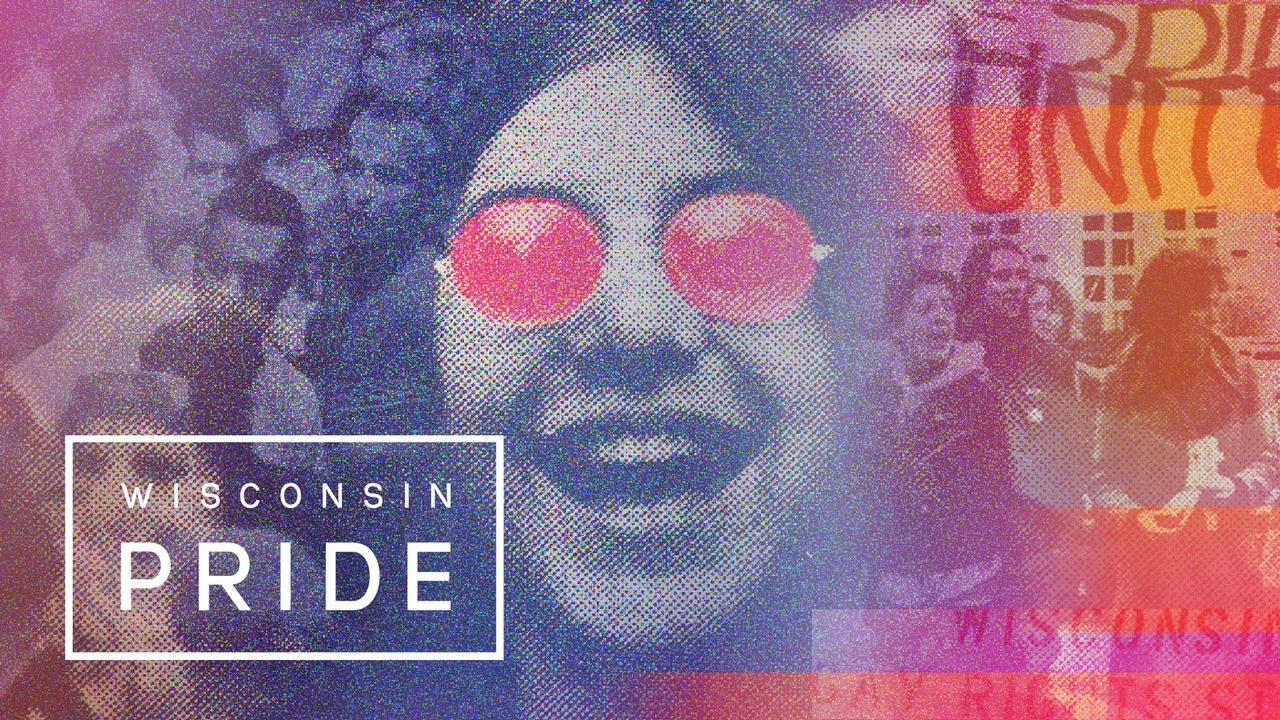
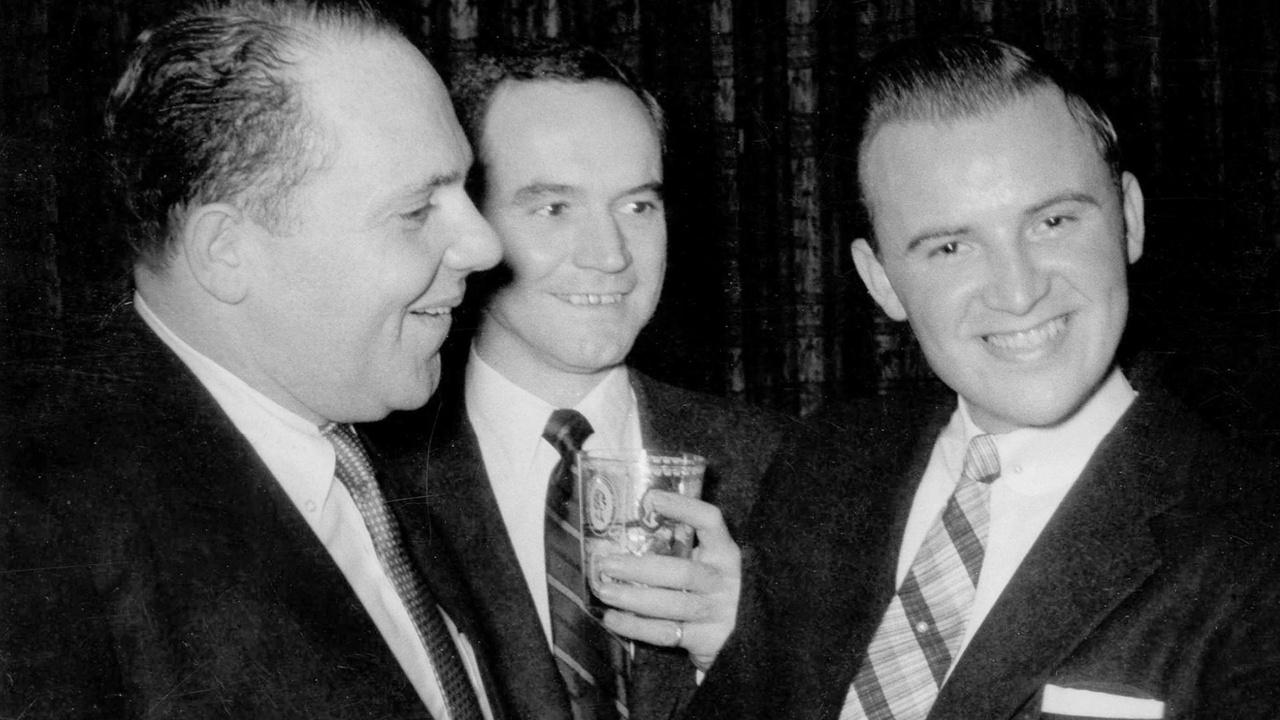
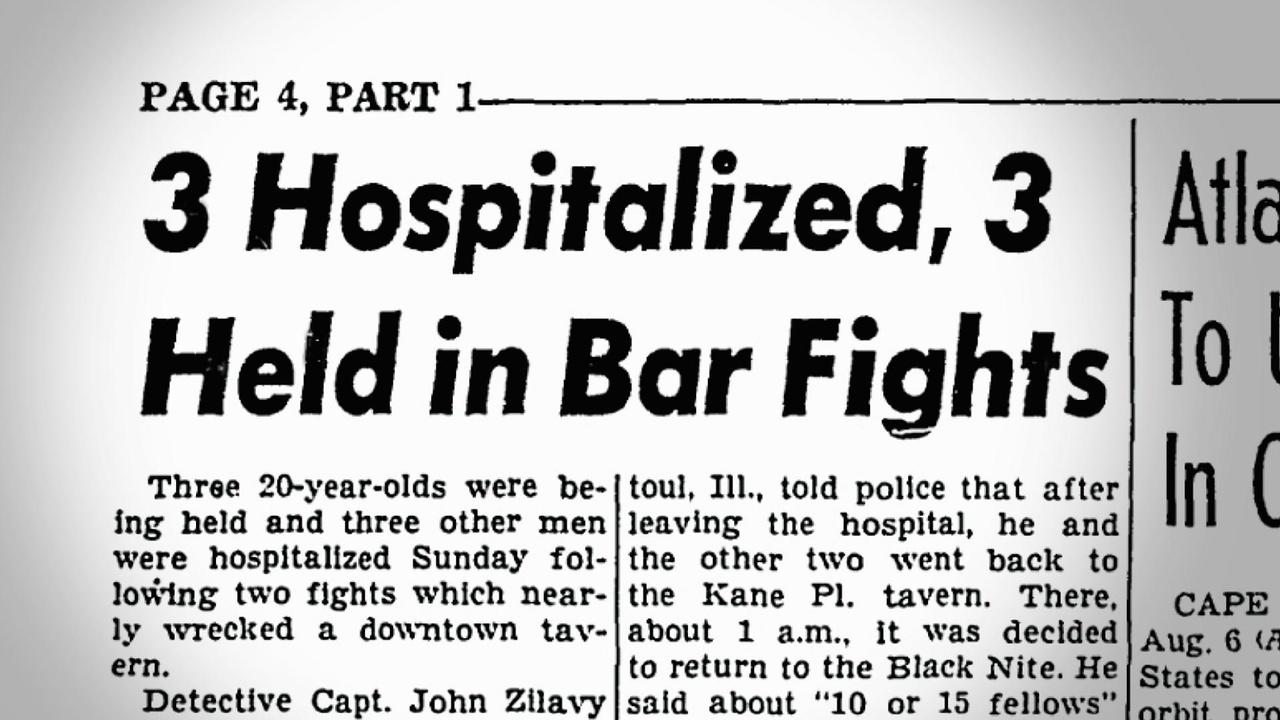
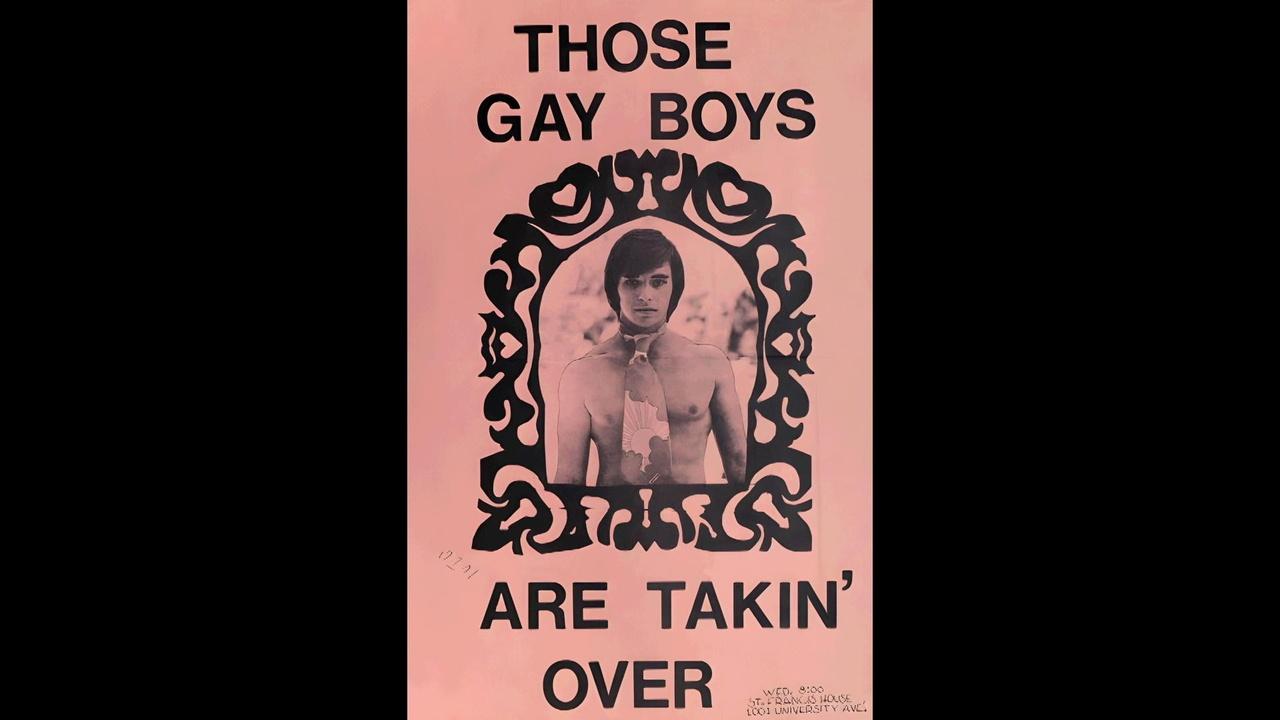
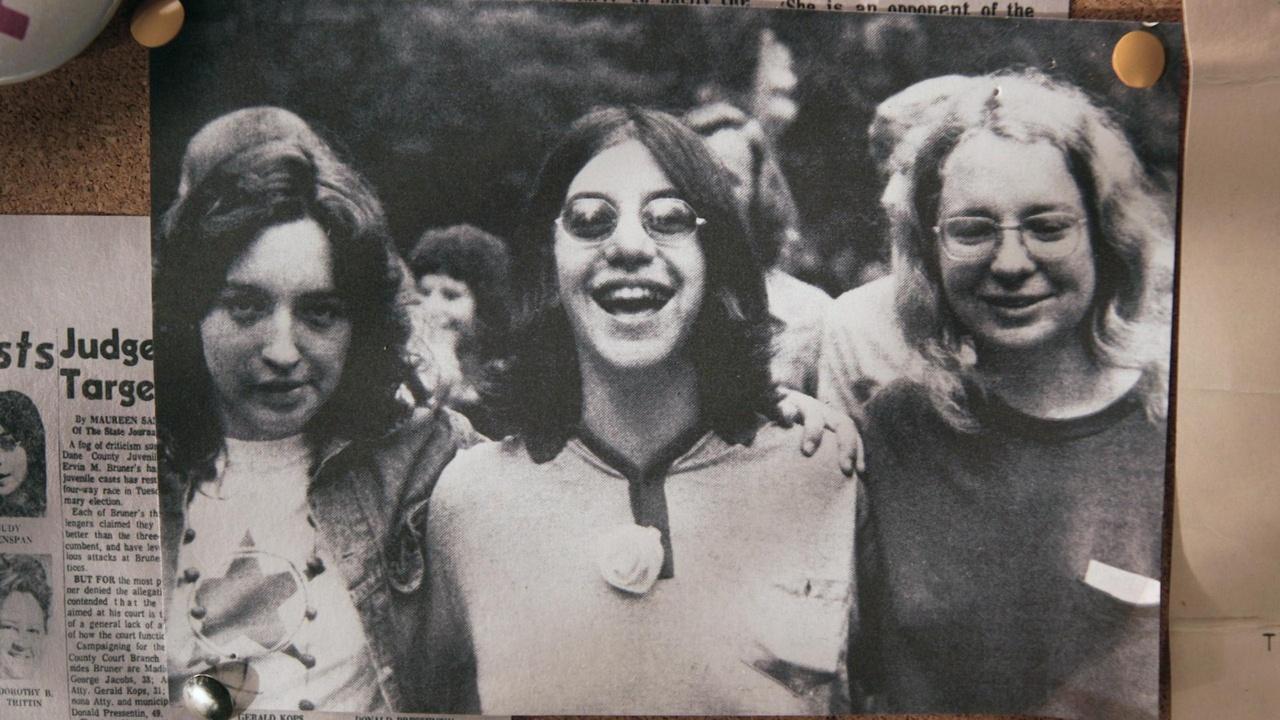
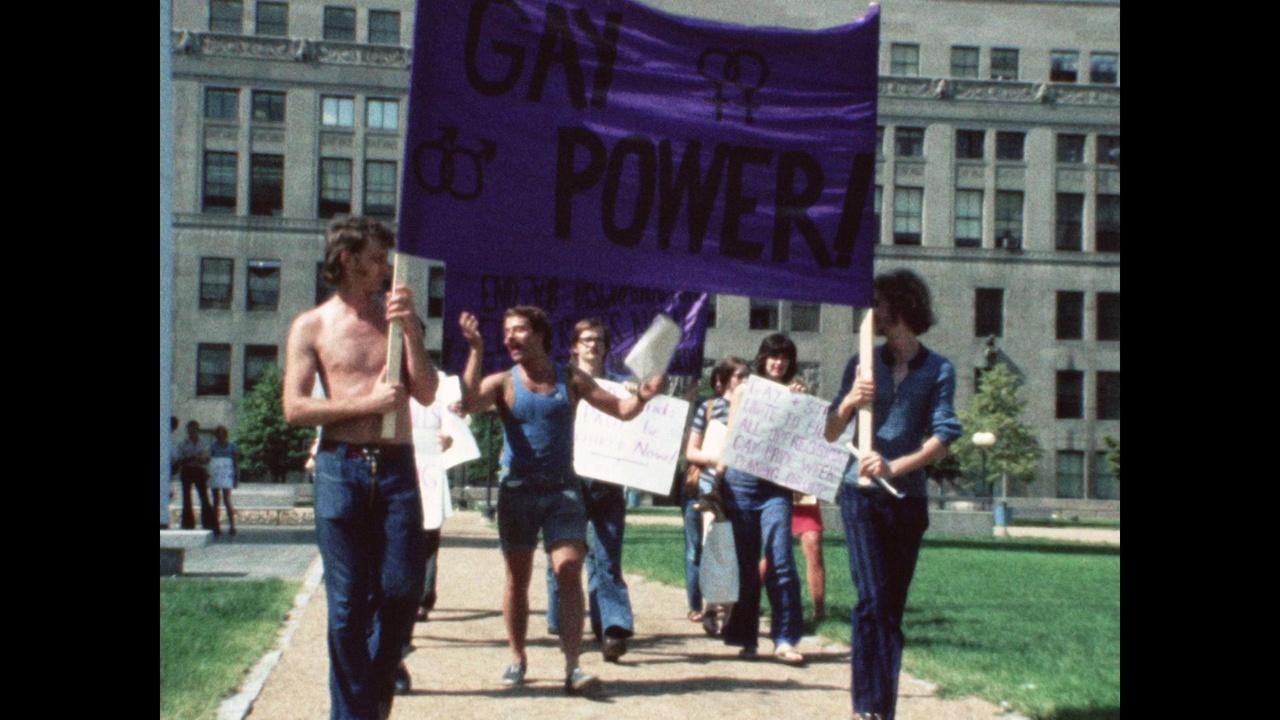
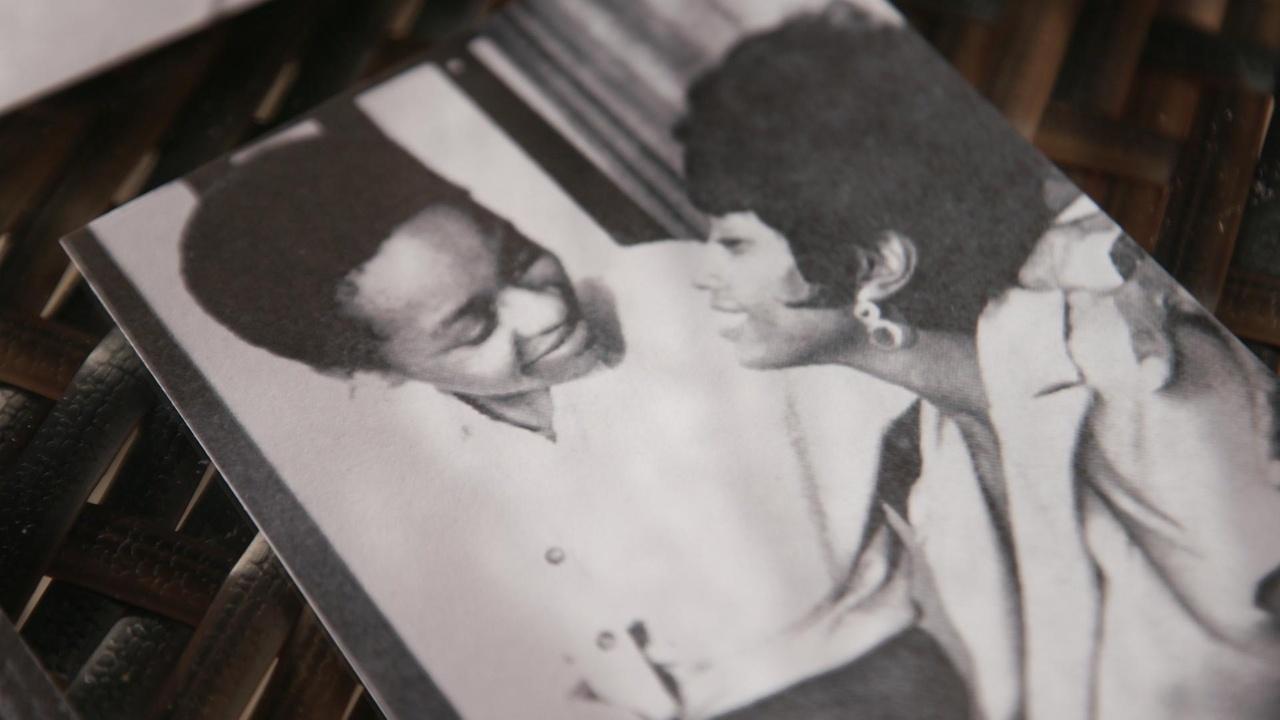
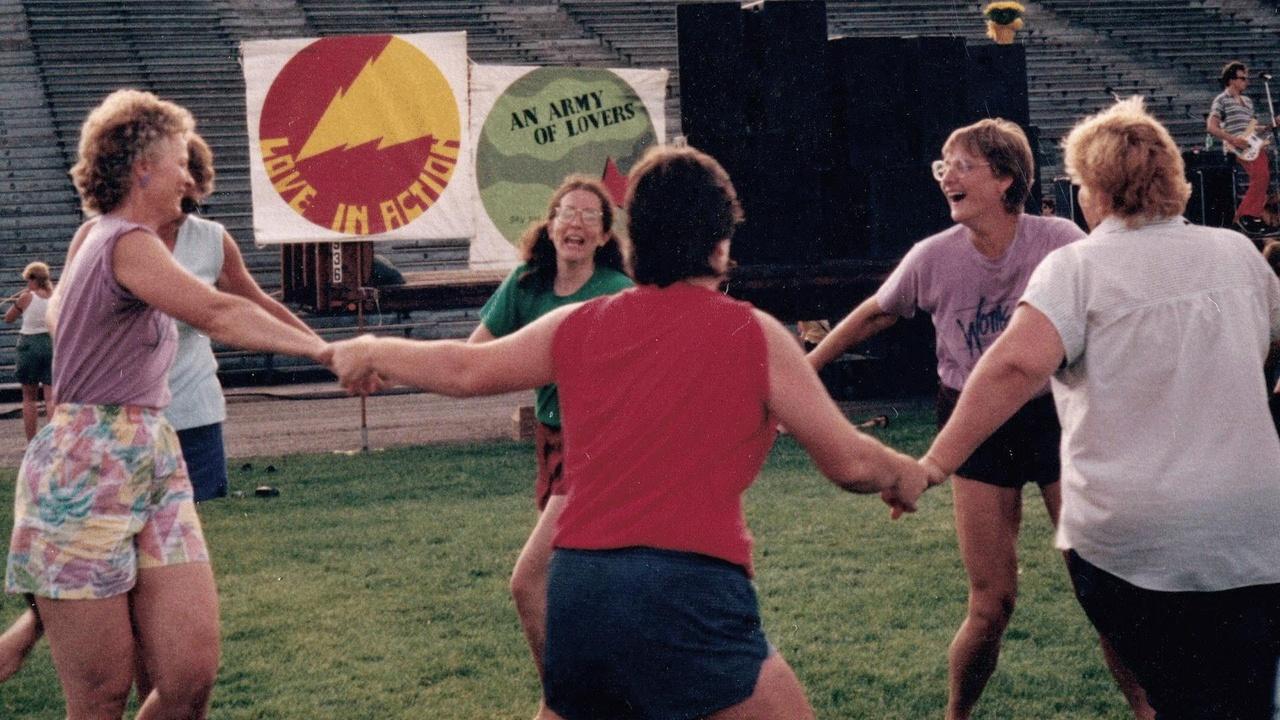
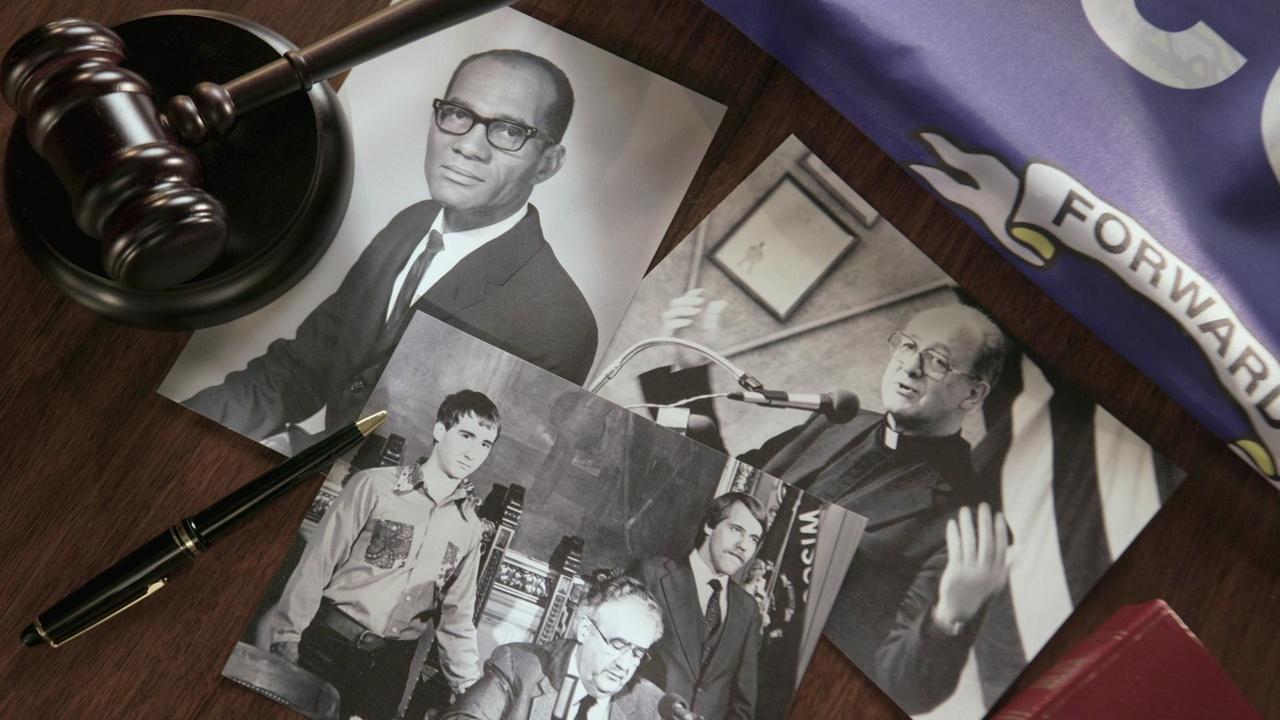
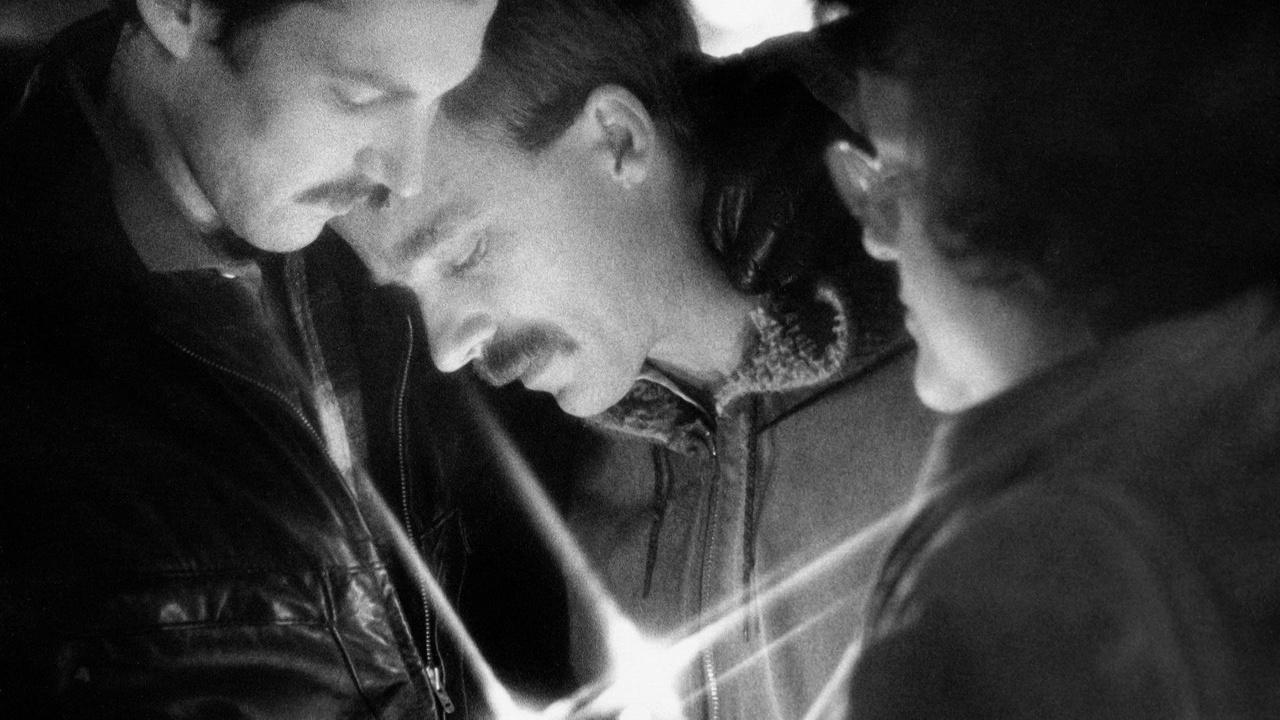
 Passport
Passport






Follow Us